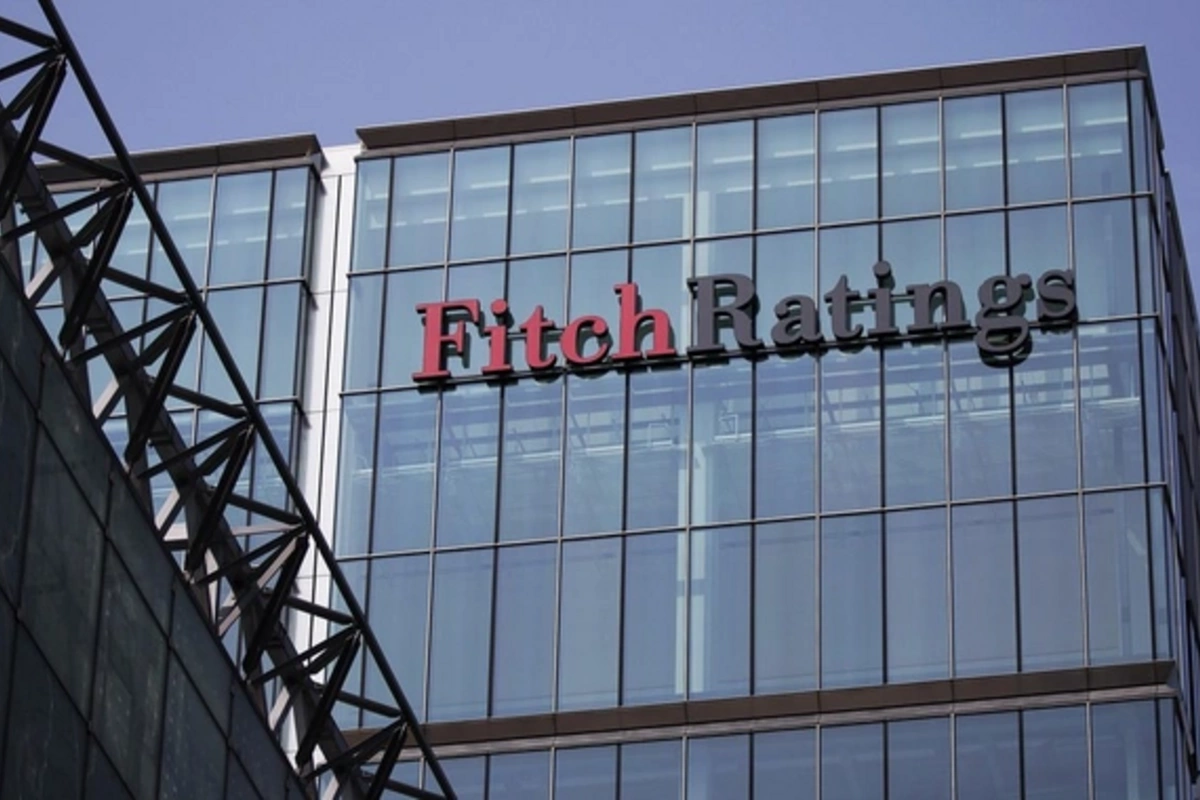24 Apr , 09:33
5

Fitch Ratings: EMEA Emerging Market Banks Respond Differently to US Trade Policy
International rating agency Fitch Ratings presented an analytical report on the impact of tightening US tariff policy on the banking sector of developing countries in the EMEA region (Europe, Middle East and Africa), reports Report.
Experts concluded that the banking systems of these states are experiencing different, but generally limited impact from trade disputes and associated financial uncertainty.
The degree of influence is determined primarily by the scale of economic consequences of American tariffs for countries in the region, including their banking sector, as well as the level of instability in global financial markets. Fitch analysts emphasize that the direct impact through export supplies to the US remains insignificant for most EMEA states.
"Oil-exporting countries may suffer from declining oil prices, which is an indirect consequence of tariff impact due to slowing global economic growth. At the same time, oil-importing countries with limited export volumes to the US may partially benefit from cheaper energy prices," the agency's report states.
Negative economic trends, including slowing GDP growth, usually negatively affect the banking sector through reduced lending and possible deterioration in asset quality. In addition, refinancing risks and borrowing costs may increase with weakening investor interest in emerging markets.
According to Fitch's assessment, in the CIS+ region, the direct impact of American tariffs is minimal due to limited export volume to the US. Armenia and Georgia are oil importers, while banks in exporting countries such as Azerbaijan and Kazakhstan show low dependence on the oil and gas sector and have significant liquid reserves.
In countries with high external obligations, especially in Uzbekistan, the cost of refinancing for state banks may increase. However, these risks are mitigated by government support and the long-term nature of most external borrowings provided by international financial organizations on concessional terms.
Analysts note that after tariff increases, the US dollar weakened somewhat, but if the trend changes, possible depreciation of local currencies could negatively affect asset quality in countries with high dollarization of the banking system. Nevertheless, most banks are able to cope with moderate losses, and regional authorities are ready to support national currencies if necessary.
The largest banking group in the Netherlands, ING Group, believes that Azerbaijan is reliably protected from the direct impact of American trade tariffs. In turn, international rating agency Moody's believes that US tariff policy may create new prospects for transit transportation through Azerbaijan's territory.